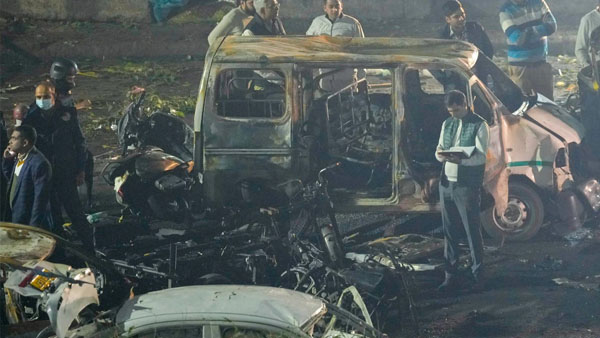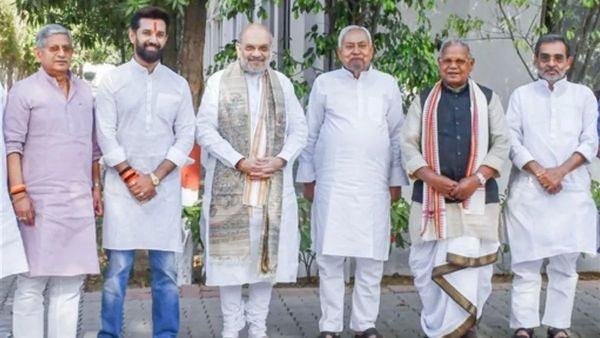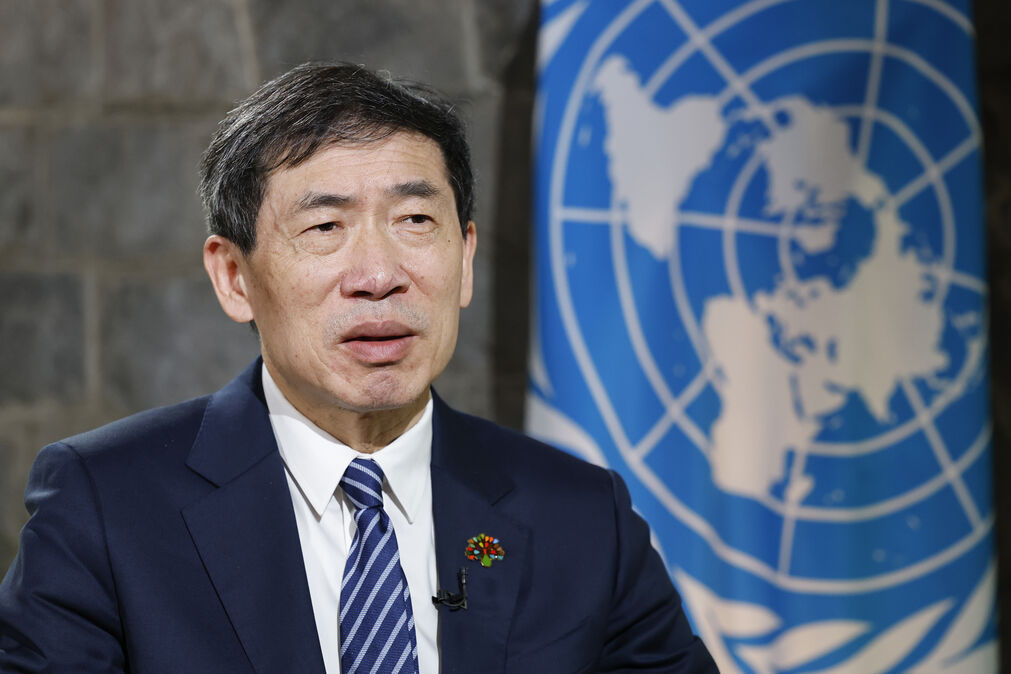By Manoranjana Gupta
In India, tragedy has a way of seizing the national imagination: loud, jarring, and sensational. A blast tears through a city, and our discourse erupts with the same ferocity — headlines shriek, panels argue, political parties duel in accusatory theatre. We count the dead, we interview the grieving, we demand explanations. The calamity becomes a spectacle; its noise becomes our compass.
But what of the other truths — the quiet, invisible victories that leave no scars on our skylines? What of the bombs that do not go off?
Last week, Delhi bled. A car bomb near Red Fort Metro Station stole thirteen innocent lives and wounded twenty-three more. The nation reeled under the shock. Anger flowed freely; political opportunism flowed faster. Television screens became echo chambers of blame, analysis and indignation.
Yet beneath this tragic crescendo lay a silence more profound, more terrible, and more awe-inspiring: the silence of catastrophes prevented. While the country debated the blast it saw, the security establishment was quietly confronting the far greater nightmare it had defused. Over ten tense days across four states, the intelligence and counter-terror grid uncovered a sprawling network — bombs in preparation, detonators in transit, ammonium nitrate in warehouses, and money trails crisscrossing borders. Evidence now suggests that the Delhi attack was meant to be one fragment of a much larger symphony of terror, a coordinated cascade of explosions across metros, temples, markets and public transit systems. Had even half that conspiracy reached fruition, the carnage would have been unimaginable. We would be counting bodies not in tens but in thousands.
But the paradox of security is this: when nothing happens, no one notices.
And then, as the country was still absorbing Delhi’s tragedy, Kashmir bled. A sudden, devastating explosion inside the Nowgam police station in Srinagar killed officers and forensic specialists who were handling explosives believed to be linked to the same terror modules under investigation. Whether the blast was an accident — the cruel unpredictability of unstable IEDs — or a deliberate, timed detonation designed as a “response” to Delhi, remains under scrutiny. But the symbolism was unmistakable. Even in the very act of protecting the nation, those who stand between danger and the rest of us often pay the heaviest price. Where Delhi saw public outrage, Kashmir witnessed grief shrouded in uniform. Where the capital debated accountability, the Valley mourned quietly, its loss folded into the shadows of duty.
This duality — visible grief and invisible sacrifice — is at the heart of our national myopia. We see failure loudly; we see success not at all. In Delhi, the explosion dominated public discourse. But no one filled the airwaves with the news that thousands of kilograms of explosives were prevented from reaching their targets. No anchor devoted a prime-time slot to the intelligence teams who worked through unending nights, or the cyber-experts who traced digital whispers across continents, or the constables who followed hunches that saved thousands of lives. We do not light candles for tragedies that never materialised. We do not grieve the mass funerals that never happened. We do not thank the system for the quiet mornings it preserves.
This is not merely an emotional oversight — it is a dangerous distortion of how we understand national security. A society that measures its protectors only by the attacks that succeed, and never by those they thwart, creates an ecosystem of mistrust, cynicism and perpetual criticism. We mourn the dead, but we fail to acknowledge the living who survived because unseen hands intervened.
The tragedy in Kashmir deepens this contradiction. The Nowgam blast demonstrated the razor-thin margin between prevention and disaster. Even success — the seizure of explosives, the neutralisation of modules — carries risks. Handling unstable IEDs is a task so perilous that even the most trained hands are vulnerable. The officers who died in that police station were not casualties of incompetence; they were casualties of courage. Yet outside Kashmir, the nation barely paused. There were no candlelight vigils, no viral tributes, no political pilgrimages. As always, the grief of the guardians remained quiet.
We must change the way we narrativise safety. India can no longer afford a security discourse where only the dead are acknowledged and the saved are ignored; where only failure is visible and competence is invisible; where we praise firefighters after the flames rise but never honour those who prevented sparks. We must teach ourselves — as citizens, as institutions, as media consumers — that silence is not emptiness. Silence is effort. Silence is vigilance. Silence is sacrifice. Silence is the unseen labour of those who guard a nation that rarely pauses to wonder how many times it was saved. And sometimes, silence is the only evidence that the guardians did their job.
Delhi’s loss was heartbreaking. Kashmir’s loss was devastating. But the nation must understand the larger truth: last week, India stood perilously close to an atrocity on a scale that would have altered the country’s psyche. And thousands upon thousands of families are intact today because men and women we will never meet, never know and never thank, stood between us and annihilation. They saved a nation — not with glory, but with quiet.
Perhaps, in this moment of grief and gratitude, we must allow ourselves to whisper a sentiment we seldom express:
Thank you for what did not happen.




